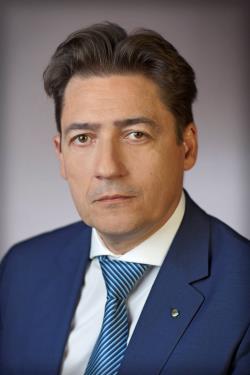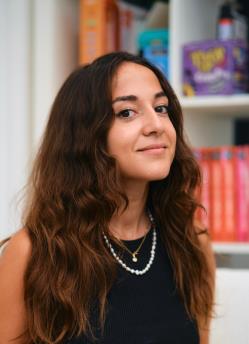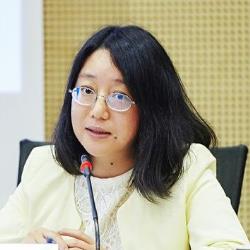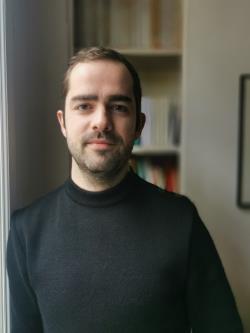How to ensure cultural and linguistic diversity in the digital and AI worlds?
UNESCO/Organisation internationale de la Francophonie
Session 291
The exponential use of artificial intelligence (AI) in all areas of social life has made it all the more necessary to reflect on the need for governance and the need to manage the potential and multi-faceted risks generated by this technology.
In this context, the question of biases affecting these technologies is often raised. These biases lead to the subjectivity of decision-making tools.
Among these biases, those concerning ethnic origin or gender are generally clearly identified and, despite the many obstacles that remain in minimizing them, are the subject of corrective measures.
Conversely, experts and the general public are far less aware of the issue of cultural or linguistic bias. Far from being confined to the question of how cultural and linguistic expressions are taken into account and made visible in the digital world, these biases are closely associated with the question of the democratic deficit of digital tools and artificial intelligence.
These tools cannot be considered truly inclusive and universal if they do not tackle these biases, which have a negative impact on artificial intelligence tools right from the design stage.
This session will therefore aim to
1) raise public awareness of the existence of these biases
2) examine the ways in which they affect decision-making processes
3) propose concrete actions to tackle these biases and promote a truly inclusive process

HENRI ELI MONCEAU is the Permanent Representative of International Organisation of La Francophonie (OIF) to the United Nations in Geneva and Vienna since May 2023. He is a specialist in issues of creativity, innovation and digital governance.

Hannah Taieb is the Head of Business Development at Spideo, a French company that offers recommendation algorithms dedicated to entertainment and media

Dr. Xianhong Hu is UNESCO's Programme Specialist at the Sector of Communication and Information since 2006. She serves on the Secretariat of UNESCO’s Intergovernmental Program of Information for All (IFAP) and leads UNESCO project of Internet Universality R.O.A.M principles (Rights, Openness, Accessibility, Multi-stakeholder) indicators.

Steven Tallec is co-founder of Arvester, a company specialized in analyzing the visibility of works on online video interfaces. Previously, as a researcher at Paris 1, he worked on the issue of cultural diversity and the promotion of works on new distribution media. At the end of 2020, he was appointed rapporteur for the mission of the Conseil supérieur de la propriété littéraire et artistique (CSPLA) to the French Ministry of Culture on online work recommendation systems, led by Professors Valérie-Laure Bénabou and Joëlle Farchy.
-
 C3. Access to information and knowledge
C3. Access to information and knowledge
-
 C8. Cultural diversity and identity, linguistic diversity and local content
C8. Cultural diversity and identity, linguistic diversity and local content
-
 Goal 16: Promote just, peaceful and inclusive societies
Goal 16: Promote just, peaceful and inclusive societies
-
 Goal 17: Revitalize the global partnership for sustainable development
Goal 17: Revitalize the global partnership for sustainable development